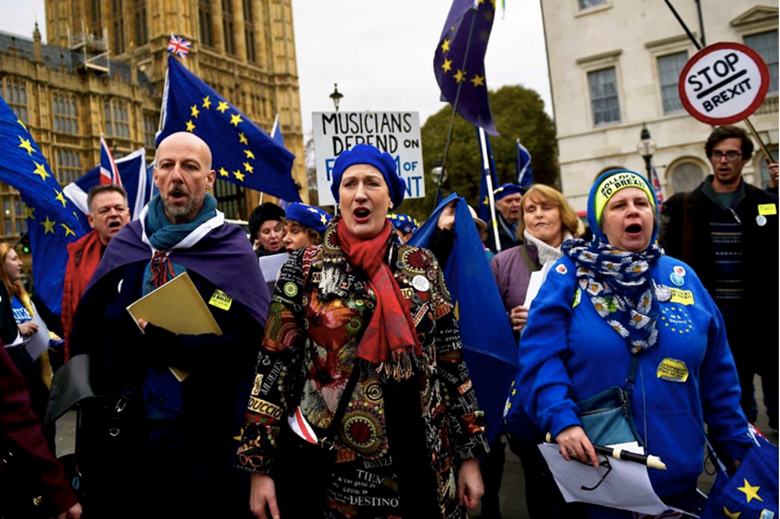'What is there to be proud of at the moment, given this mess?': Dame Sarah Connolly on Brexit
Andrew Green
Tuesday, July 6, 2021
The internationally-acclaimed mezzo-soprano talks to Andrew Green about the impact of Brexit on musicians


Register now to continue reading
Don’t miss out on our dedicated coverage of the classical music world. Register today to enjoy the following benefits:
- Unlimited access to news pages
- Free weekly email newsletter
- Free access to two subscriber-only articles per month